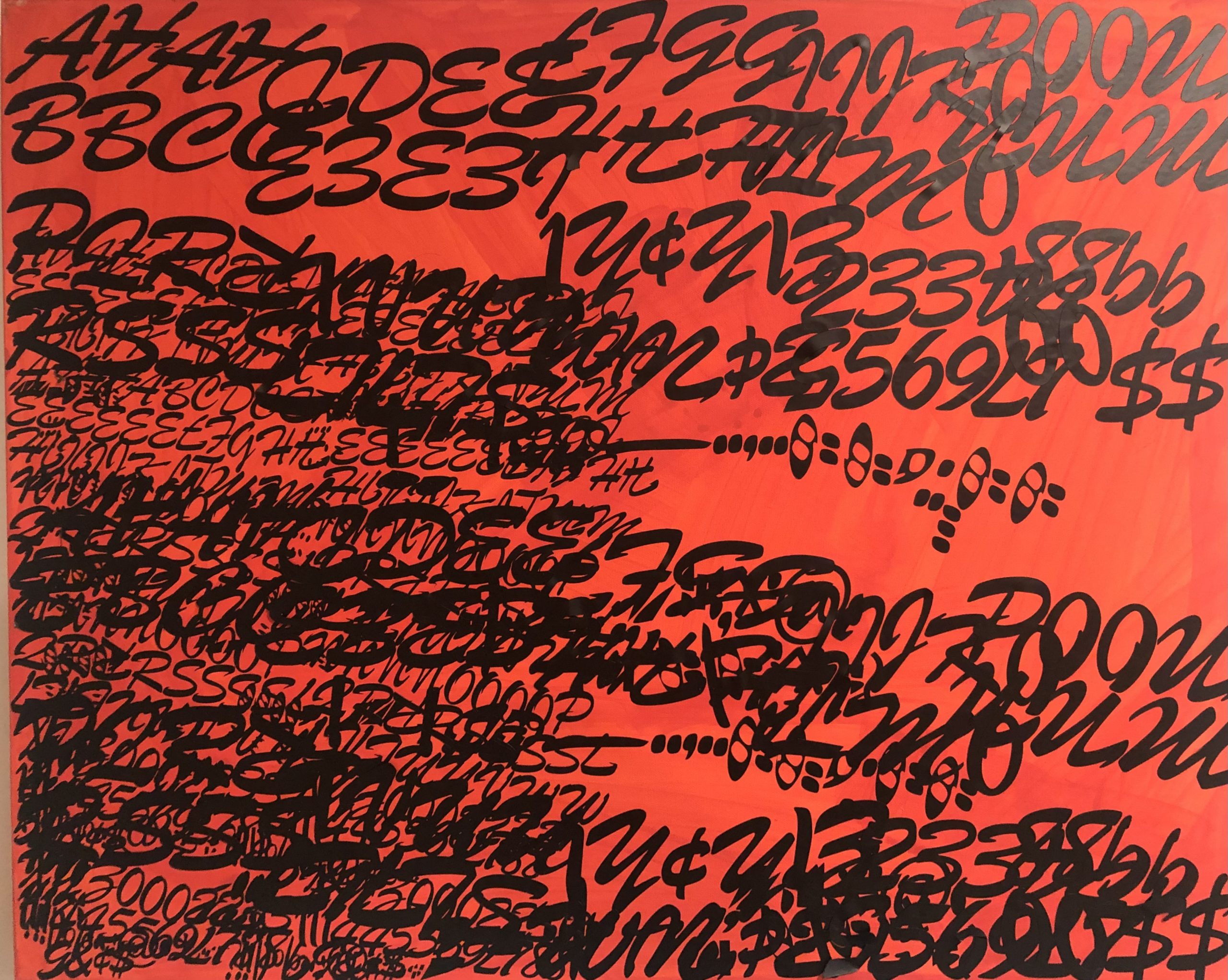March blog post art provided by Alex Masket. www.alexmasket.com
Welcome to Integrate’s March blog post. As a reminder, this quarter I am discussing the topic of including neurodivergent professionals in your DE&I strategy. In January I discussed why including neurodivergent talent in your DE&I strategy is important, and last month focused on the different options for launching neurodiversity hiring efforts. This month I want to do some “mythbusting” to set fair and realistic expectations regarding autistic talent in order to have achievable goals for your organization.
Debunking the Myth of the Autistic Savant
By Marcia Scheiner, President, Integrate
March 2022 –
Theory of mind and unconscious bias
One of the hallmark traits of autism is the struggle to understand what other people are thinking or how to behave in a particular situation by reading non-verbal cues. This ability, which most people come by naturally, is called theory of mind. Just as individuals with autism can struggle to understand their non-autistic (or neurotypical) peers, neurotypical individuals likewise have difficulty interpreting the mental states and behaviors of those with autism. The inability of neurotypical individuals to “put themselves in the shoes” of neurodivergent thinkers is no different than an autistic person who struggles with theory of mind. Unfortunately, this results in many types of implicit or unconscious biases among the neurotypical community, limiting career opportunities for autistic jobseekers.
Dr. Stephen Shore, a college professor, global speaker on autism and himself on the spectrum, is attributed with saying “If you’ve met one person with autism, you’ve met one person with autism.” The way autism, or any other neurodivergent condition, manifests for any individual is unique to that individual. Yet stereotypes about how individuals with autism and other neurodivergent conditions will present continue to exist. We often hear from employers, after meeting our candidates that “they wouldn’t have known they were autistic if we hadn’t told them”. While this is said with the best of intentions, and even meant as a compliment, it belies an underlying unconscious bias toward autistic individuals.
The Myth of the Computer Genius
In 1944, psychiatrist Hans Asperger noticed while treating some children that they had a propensity to lecture him in extreme detail on topics of interest yet struggled with reciprocal conversation. Asperger referred to these children as “little professors”. Depiction of autistic characters in movies and television later appeared in the guise of Dustin Hoffman in Rain Man, Sheldon in The Big Bang Theory and Dr. Shaun Murphy in The Good Doctor – the autistic savant with exceptional intellectual capabilities but limited social capabilities. Unfortunately, these stereotypes of the brilliant but socially inept individual have not helped the autistic community in educating employers about the varied skill sets and interests of neurodivergent talent.
If you look at the companies with the most developed autism hiring programs, many say they struggle at times to find enough autistic talent to fill open roles. One of the reasons for this challenge is that many of the opportunities being identified for autistic candidates today are in technology and analytics. While it is estimated that over one-third of eighteen-year-olds with an autism spectrum diagnosis attend college, not all of them are interested in or qualified for highly technical roles. Just as with neurotypical candidates, neurodivergent candidates can be appropriate employees for jobs in law, marketing, communications, graphic design, research, human resources, engineering, education, architecture, television and movie production, journalism, environmental science, archiving, accounting, operations, customer support and many more.
Additionally, not all autistic individuals graduate with a 4.0 GPA. I remember talking to the head of the autism support program at one of the largest university systems in the country, who had a constant plea, “Everyone wants to hire our autistic students who are top tier computer science majors. They are few and far between. What about our average students who are english and history majors?” Not everyone graduates from college magna cum laude, yet most neurotypical individuals ultimately find a job, regardless of their major and class ranking. Not true for autistic talent with similar credentials. Stereotypes have created an unconscious bias against candidates on the spectrum who are not highly technical individuals that have graduated at the top of their class. Yet these individuals have a range of skill sets and talents on par with their neurotypical peers.
Your Next Steps
So what needs to change to include a broader segment of the neurodivergent population in your workforce? As we enter April – Autism Acceptance Month – look throughout your organization to see what activities are being held to promote a deeper understanding and acceptance of neurological differences. If no activities exist, it’s not too late. If your organization has a disability focused BRG/ERG, work with them to organize activities. If not, look online for resources.
Stay tuned for our April post where we will start our Q2 focus on best practices for recruiting and interviewing neurodivergent talent.


